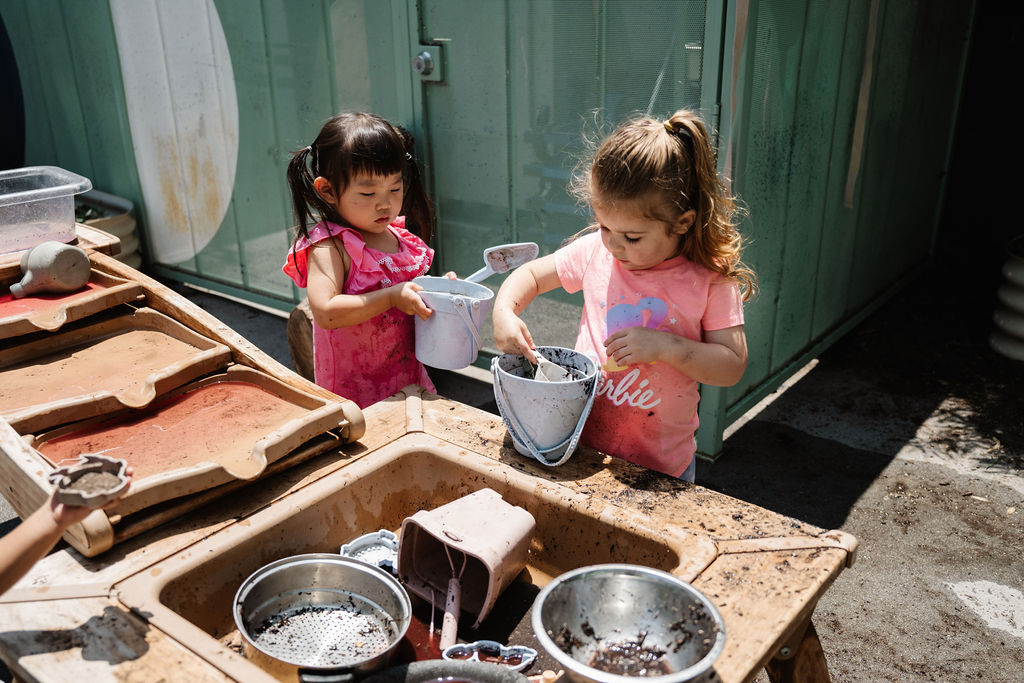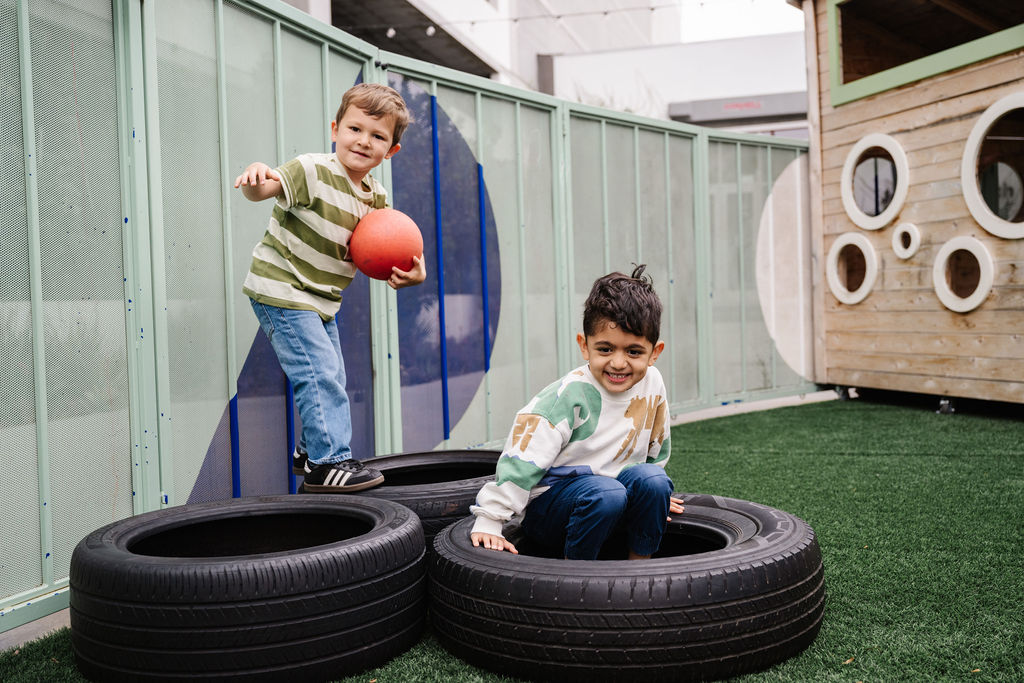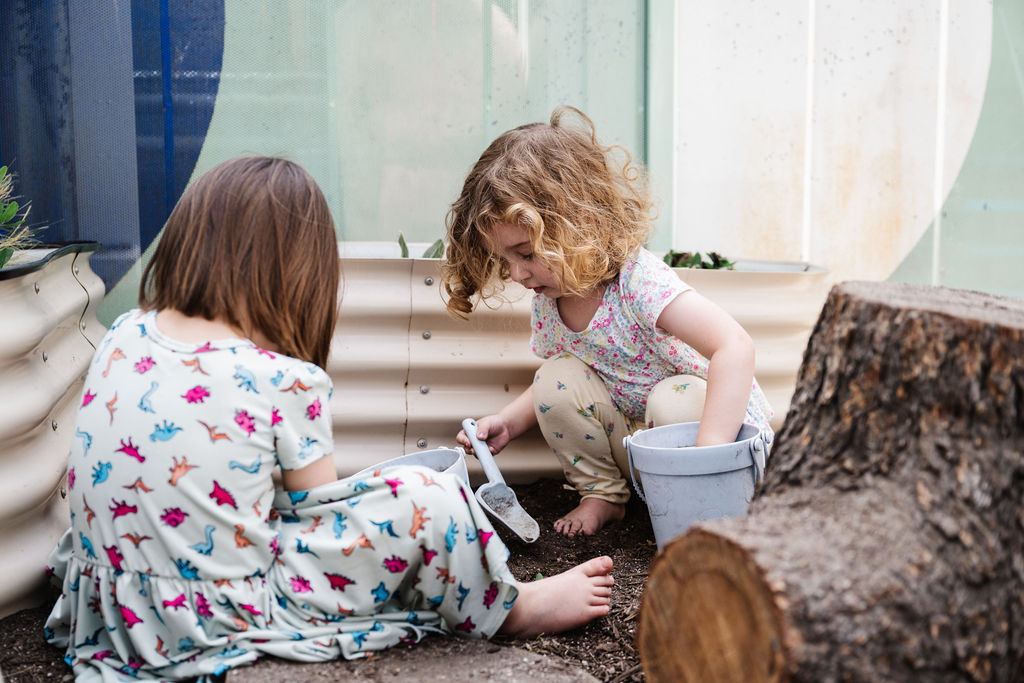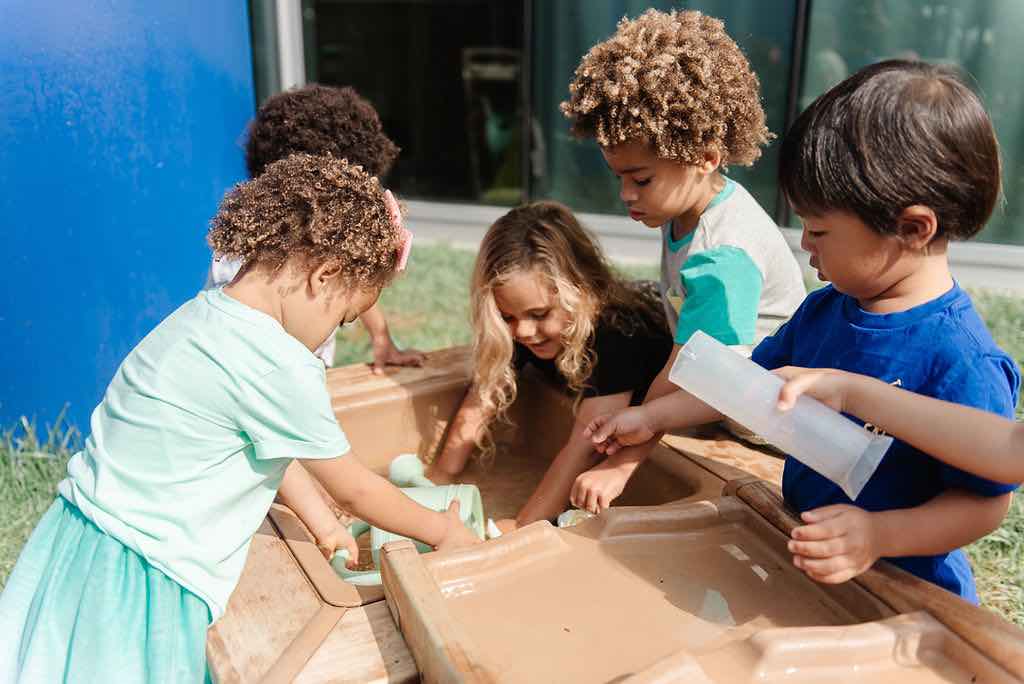
Journal
Navigating Conflicts: Top 5 Tips for Parents with Toddlers
avigating Conflicts with Your Kiddos: Top 5 Tips for Parents
Dealing with conflicts among toddlers can be a bit tricky, but it’s an important part of their growth and learning. Whether it’s squabbles with siblings at home or disagreements with friends at the park, guiding your little one through these moments can help them develop great social skills.
Here’s how you can effectively and gently support your toddler during conflicts:
1. Adjust Your Approach Based on the Setting
- How you handle conflicts can depend on where they happen. At home with familiar faces, it's okay to give your child some space to see if they can work things out on their own. In public settings like the park, stepping in calmly and quickly can help prevent things from getting out of hand with children you don’t know well.
2. Listen Attentively
- When a conflict pops up, take a moment to breathe and listen to both sides. Sometimes, toddlers can work things out on their own. Your role is to be there for them, offering reassurance while giving them the chance to try and resolve minor issues independently.
3. Stay Neutral
- When a conflict arises, like when you see your child and a friend both wanting the toy truck and becoming frustrated, step in without taking sides. You might say, "I see you both want the toy truck and it’s making you upset. Let's find a way to share it or pick a different toy you both like." This approach helps children understand the situation without feeling they need to win your approval.
4. Acknowledge Their Feelings
- Conflicts can bring out big emotions. Imagine your child is upset because they didn’t get a turn with the sandbox toys. Acknowledge their feelings by saying, “I understand you’re feeling really sad because you wanted to play with the toys. It’s okay to feel upset.” By showing empathy, you help your child feel supported and more likely to calm down, paving the way for better conflict resolution.
Encourage Problem-Solving
- Help your toddler think of ways to solve the conflict. Ask gentle, open-ended questions that get them to consider different perspectives and come up with solutions together. If your child and a sibling are arguing over who gets to sit in the front seat of the toy car, you can guide them with open-ended questions. Ask, “What are some ways you both could take turns or find a new way to play together?” This helps them think about solutions and empowers them to resolve conflicts on their own, building their problem-solving skills and confidence.
By using these strategies, you can help your toddler learn important skills in resolving conflicts and managing their emotions. Each conflict is a chance for your child to grow and develop the social skills they’ll need throughout life.


Recommended Books and Tools for Parents:
- “Hands Are Not for Hitting” by Martine Agassi: This book teaches children about the importance of using their hands for positive actions, not conflict.
- “How to Be a Friend” by Laurie Krasny Brown and Marc Brown: A fun guide that helps children understand the basics of making friends and resolving conflicts.
- Emotion Cards: These cards can help toddlers identify and express their feelings, which is crucial in managing conflicts.
At Brella, we believe that every interaction is a chance for growth. By guiding your toddler through conflicts, you’re setting them up for success in child development, preschool, and beyond.
Continue learning more by checking out our blog post on Setting Limits with Children to create healthy boundaries at home.
Leave a reply
We welcome you to share with our community, any doula recommendations or local resources, in the comments below. Your email address will not be published. Required fields are marked *





